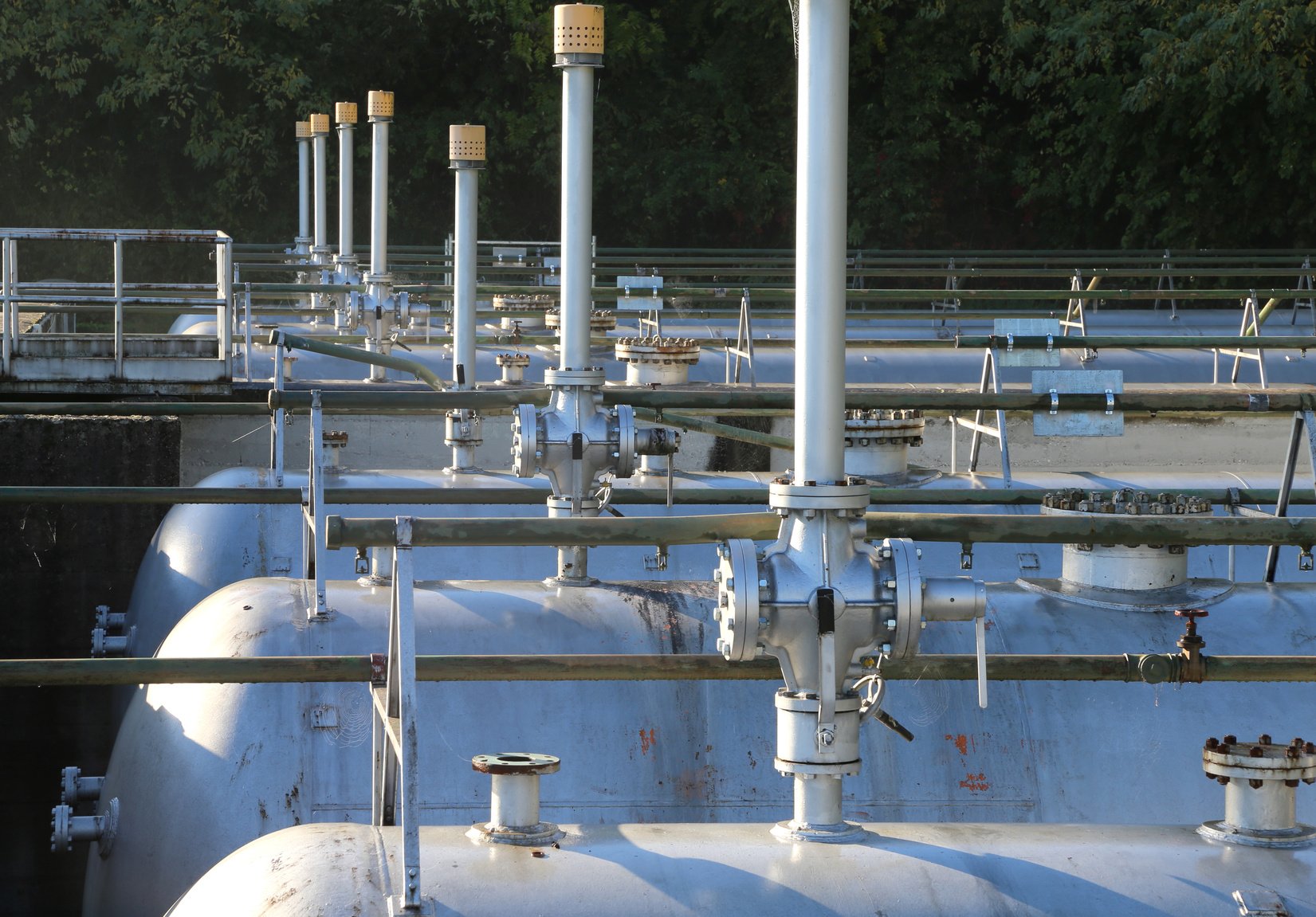
The demand for alternative heating fuel options is higher today than it ever has been thanks to rising concerns about greenhouse gas emissions and global warming. As consumers have begun to ask for more environmentally-friendly heating fuels and heating companies have recognized this demand in their industry, heating and combustion scientists, researchers, and engineers have worked to develop new heating fuels with much lower negative impact on the planet. While green diesels continue to rise as an alternative fuel category with high potential for impact, other alternatives are also emerging which can convert waste back into fuel.
In this post, we'll discuss some of today's alternative heating fuels in development today and the opportunities they possess to revolutionize the heating industry.
Methane as Alternative Fuel
Methane is a greenhouse gas byproduct of burning fuels, decomposition in landfills, and agricultural production and waste. However, through some innovative engineering, methane can instead be turned into heat energy, effectively keeping the greenhouse gas from escaping and keeping the pollutant out of the air. By capturing methane gases locally, this fuel can be used for various applications.
Most commonly, captured methane waste can be used to produce electricity through a power generator at a building or collection site. Energy produced from this excess methane is then transferred back to the electrical grid where it can be used to generate electric heat through co-generation. This type of process can take place at locations such as landfills and farms that generate a surplus of methane. By sending this energy back into the electrical grid instead of into the atmosphere, we're able to capture this energy and now utilize for various purposes, such as heating our homes.
Other Innovative and Reclaimed Heating Fuels
While many of the recycled or reclaimed heating fuels emerging today are still very much in the development phases, it's important to consider the potential these greener sources of energy could provide in the near future. Aside from reclaimed methane, there are numerous other innovative ideas for alternative heating fuels being researched today. As one example, researchers are looking into reclaiming fuel from algae using a similar method as the methane process we described. Harmful algae blooms plague our lakes and oceans. Petrochemical engineers have found ways to convert algae into biofuel in a similar fashion to the advances that convert agricultural waste and byproducts of food production. This would provide a benefit for society from that which was once considered a problem.

Some facilities are also experimenting with using wood chip boilers as their primary source of heat and generation of electricity. In these situations, waste wood from tree trimming or from fallen logs that would generally be hauled away as waste are put through a wood chipper and instead burnt to heat a facility or create electricity. In another example of reclaiming the energy locked inside a waste product that would ordinarily pollute the environment or be sent to a landfill, researchers are also looking into converting wood chips into liquefied cellulose fuel. While this fuel is currently caustic and difficult to handle, there is much potential in this emerging fuel technology.
One final example of a developing alternative fuel is being spearheaded by Alaskan fish harvesting and processing company UniSea. Not only does UniSea support sustainable fishing practices, but the company also has an initiative to use all resources that come from their fish. UniSea, therefore, uses waste fish products to create fish oil which can be burned as a biofuel for heat using an oil power burner. This fish oil is generally mixed with diesel to create a fuel that powers UniSea's processing plant and facilities.
In each of these cases, and in many more, we can see the true potential in emerging alternative heating fuels and technologies. As the industry continues to embrace the possibility of cleaner, greener heating fuels, we're likely to see even more developments that involve turning our existing waste into reclaimed energy, therefore creating a cycle where our waste could become a dependable source of fuel. Some of the biggest factors to consider, however, are that these types of alternative fuels can be generated and used locally. They can be used with existing technology and infrastructure, without a huge investment in other emerging renewable energy technologies like wind, solar, and hydro power.


